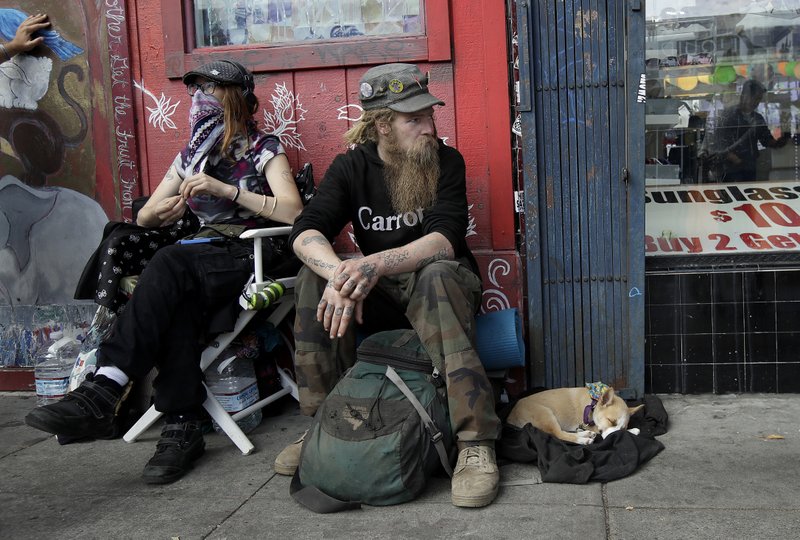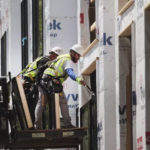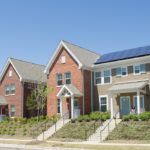Recent court rulings have shown that cities across the country are at odds about whether to allow homeless people to sleep on the streets—and the issue is now in the hands of the Supreme Court.
The highest court in the nation is considering whether to weigh in on an appeal to Martin v. City of Boise, a 2009 case in which homeless individuals challenge lawmakers in Boise, Idaho, for imposing fines as part of an anti-camping ordinance. Several municipalities have laws that ban sleeping in public places, and in recent years, many have beefed up enforcement. In April, the Ninth Circuit Court of Appeals ruled that cities can’t arrest or punish people for sleeping on public property unless the city can provide adequate accessible indoor accommodations as an alternative. The ruling covers nine states in the western U.S., including California and Washington.
Advocacy groups are using public education campaigns to make municipalities aware of the Ninth Circuit Court of Appeals’ ruling. “I do believe if cities and counties continue to enforce in a way that’s now clearly unconstitutional, advocacy organizations will engage in litigation to protect the civil rights of these people,” Eve Garrow, a homelessness policy analyst for the American Civil Liberties Union of Southern California, told Curbed.com. Cities will need to increase their bed count to support the homeless, including the disabled and families, she added.
San Francisco and Sacramento in California, as well as Portland, Ore., reportedly have stopped enforcing their bans in response to the ruling. Curbed.com reports that in Modesto, Calif., city officials have dedicated a park to housing the homeless.
But some argue that not being able to ban the homeless from sleeping on the streets is “wreaking havoc” on their cities. A statement from Boise officials after the Ninth Circuit ruling stated: “Today’s ruling does not mean the city ordinances are unconstitutional; it simply has the effect of forcing the matter to be litigated further. Therefore, the city’s camping and disorderly conduct ordinances remain in effect until further clarification can be obtained from the courts. The ruling will not cause us to change our procedures.”
Source: “Do Homeless People Have Right to Sleep on the Street? Supreme Court May Decide,” Curbed.com (Dec. 6, 2019)













